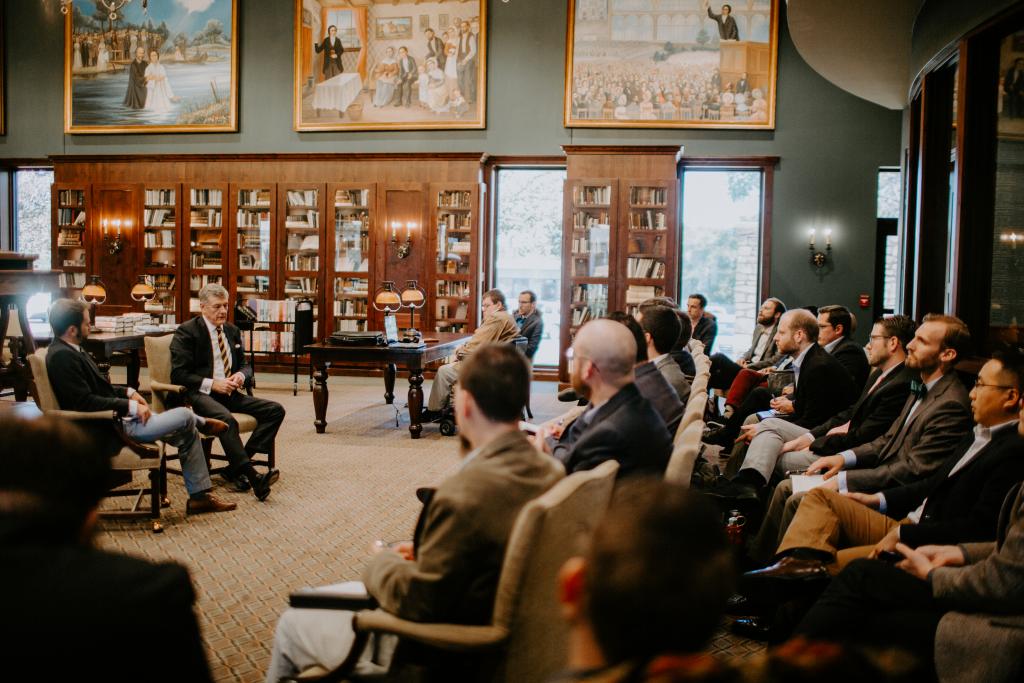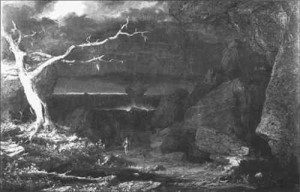From the most recent edition of The Chronicle Review comes a compelling and must-read article by Tim Clydesdale, “Wake Up and Smell the New Epistemology,” about how today’s students approach education (not available online):
“For decades, we professors and administrators drank deeply of notions like “knowledge for knowledge’s sake” and “the transformative power of the liberal arts,” paying little heed as the American populace shifted from widespread respect for the academy to considerable skepticism of it. Today our students occupy the leading edge of that popular shift, with no real interest in the elitist notions that we consume so readily. But they are wise enough to keep their views private, given the economic necessity of attending our party.”
The author, Tim Clydesdale, continues:
“One of my students put it this way: “It is imperative that someone studying this generation realize that we have the world at our fingertips–and the world has been at our fingertips for our entire lives. I think this access to information seriously undermines this generation’s view of authority, especially traditional scholastic authority.” Today’s students know full well that authorities can be found for every position and any knowledge claim, and consequently the students are dubious (privately, that is) about anything we claim to be true or important.”
So what does this mean for teachers?
“So let me be perfectly clear: I am not asking for more entertainment and less substance in our classrooms. I am asking for a paradigm shift in how we approach our students that parallels the paradigm shift in the broader culture. I am asking instructors to see the two questions that the new epistemology emblazons across the front of every classroom–“So what?” and “Who cares?”–and then to adjust their teaching accordingly.”
It is my guess that some instructors have already intuited what Clydesdale calls the “new epistemology” and have adjusted their teaching to persuade many of today’s students of the important of given subject matter for their lives. But many have not, and what’s more, many pastors and Christians have not realized that many people of this age bring this same attitude to the church and questions of faith.
Much of my generation is deeply cynical, relentlessly anti-authoritative (unless the authority couches itself in the counter-culture and achieves the coveted label of “cool”), and technologically hyper-literate. I frequently observe students (seminary students, at that) googling the subject their professor is discussing in class. Just think about that and how it fits perfectly with what Clydesdale argues above. Students in a lecture fifty years ago would have dutifully noted the teaching of their professor, taking it down by dictation. Students today pull up Wikipedia as their professor teaches, where they instantly acquire an easily digestible flood of information, including, it is often likely, material that challenges the teaching of their professor. This kind of access changes the education process altogether.
Good teachers, then, while surely keeping in mind that the liberal arts are transfomative, and that knowledge for knowledge’s sake is a beautiful thing, will also stretch to meet this jaded, immature, easily distractible generation by showing their students why their subject material matters and how it affects their lives. In the end, that isn’t really that bad of a thing, one supposes; while such an approach can make education hopelessly pragmatic, it can also coax professors out of rote recitation and force them to communicate the passion they possess for their subject.
For those of us in ministry, this article offers wisdom as well. The “new epistemology” approach to education, in which the learning process hinges on the usefulness of material and its connection to the lives of students, applies to the approach of many people to faith. What can God do for me, many ask, and how does this all affect me are common concerns of our age. Preachers need to steer well clear of religious pragmatism, but they also need to realize that in order to connect with many people today, they need to impart the power and beauty of Christian teaching. No shortcuts allowed today.
This can be a bad thing, of course, or it can be a good thing, challenging us to preach and teach and minister and evangelize with force and passion. The jaded generation, having grown up on divorce, outed corruption, the widespread loss of religious commitment in the culture, and other factors, demands to know why Christianity matters. Whether a pastor, teacher, janitor, lawyer, homemaker, student or any other calling, Christians are well poised given the riches of Scripture and the depth of Christ’s gospel to give an answer.











